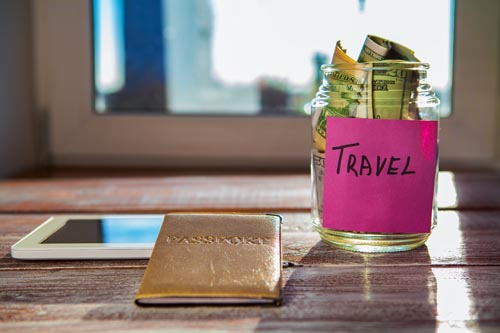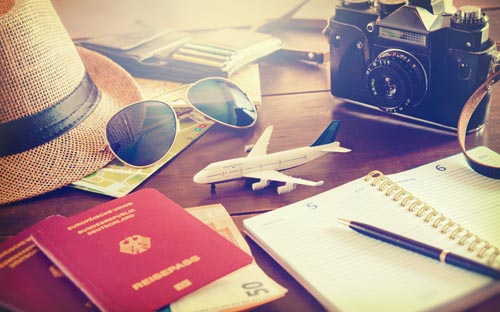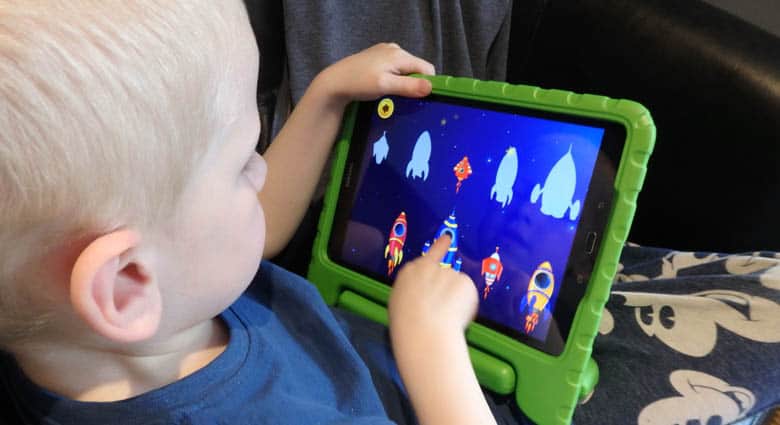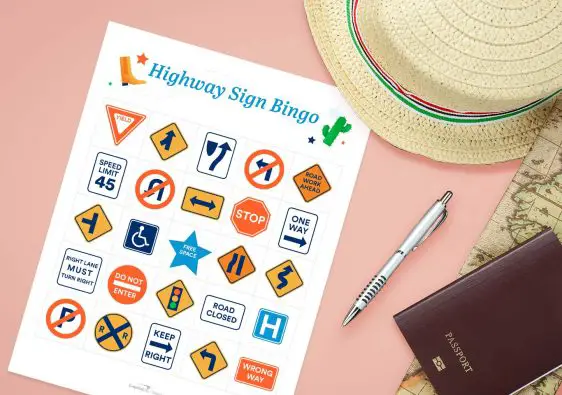Disclosure: This is a collaborative post.
Saving up for holidays isn’t easy when you’re trying to keep your head above water with rising housing costs and bills.
But holidays are important, so it’s worth trying to build up a bit of a fun fund, whether you’re looking for a fancy holiday abroad or a weekend break closer to home. If you find it challenging to put money aside each month, here are some tips to help you dig into your household accounting, so you see exactly where your money goes and get better control over it.

Track Your Money to Find Where You Can Make Savings
Saving money is easier when you have a firm grip on household and personal spending. The best way to maintain control is to have a way to record expenses. You can easily do it with a notebook so it doesn’t get too complicated or cumbersome. If you’ve never kept accounting records before don’t worry, it’s not hard.
On a new page, make four columns and head them Date, Item, Amount and Balance. You’ll need your latest bank statement – or just look on your banking app if you do mobile banking.
In the columns jot down these details:
- Date – when you bought something or paid a bill.
- Item – whatever it was you paid for, or where the money came from if it’s income.
- Amount – how much you spent, or how much you earned.
- Balance – this is what’s in your bank account right now. It’s the amount you have available to spend, minus any pending bills. Update this column every time you record a new transaction.
Depending on how often you fill in details, you might need a new page every week. It helps keep things neatly organised if you start a new section every month. Whenever you start a new page or section, put the final amount in the old balance column at the top of the new one so you have a starting point. Don’t forget to include direct debits so you have the complete picture in your records.
Remember to include everything. When you’re trying to find money to save, every penny counts.
After a month or so doing this, you’ll have a firm idea of where the money is going. You should be able to spot those spur of the moment buys or other spends you could cut back on.
It can become quite an engrossing exercise, and even fun to see where you can trim expenses and squirrel a bit extra into the holiday fund. If you find you enjoy controlling money like this, it can even lead to a new career. Learning accounting online makes it even easier since you can study at home in your own time while keeping up with your other commitments.
Have a Holiday Budget
Setting your budget gives you something to aim for. Things to think about include:
- Activities or excursions you want to do.
- The type of accommodation you’d like.
- Potential destinations.
- Food and drink.
- Insurance.
- Car Hire.
Together with your money tracker, you can work out how much you need and plan how much you need to save each month to reach your goal.
Put Your Saved Money Away
If you can, have a separate bank account where you can put your savings. You could look at online accounts such as Monzo or Starling which are easy to set up and use. You can get at your money in an emergency but having it out of your everyday bank account makes it less tempting to spend.
If saving is new, start small. Even just putting loose change into a jar every day soon mounts up. Seeing small amounts build-up is extremely rewarding. As you get used to regular saving, consider setting up a direct debit to move money into your savings every month.
One thing that can help is saving with a friend. You can compare notes, keep each other accountable and encourage each other when it feels tough – especially if you’re both saving for the same thing.

Have a Contingency Plan
Things can go wrong. Don’t beat yourself up if you have an expensive month and can’t save. It happens. Just start again next month and carry on where you left off.
If possible, try and foresee possible expenses and deal with them before it reaches the emergency stage. Ideas include:
- Getting the car serviced to try and minimise breakdowns.
- Shopping around and switching to better deals on fuel, broadband or insurances when they’re coming due.
- Keeping on top of household maintenance while the jobs are relatively small.
- Replacing appliances that are getting old, or pricing out new ones so you can build up a fund to repair or replace them when they need it.
Having some backup funds for household or personal necessities takes away any guilt you might feel about putting extra money aside or spending it on holidays.
The most important thing about managing and saving money is to enjoy it. It can become almost like a game you play with yourself, but with big rewards such as that lovely holiday you’ve been promising yourself when we’re allowed to travel again.
Disclaimer: This is a collaborative post.









